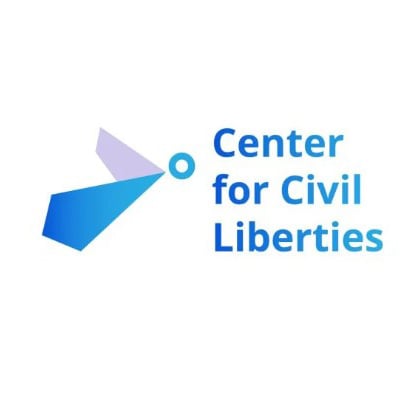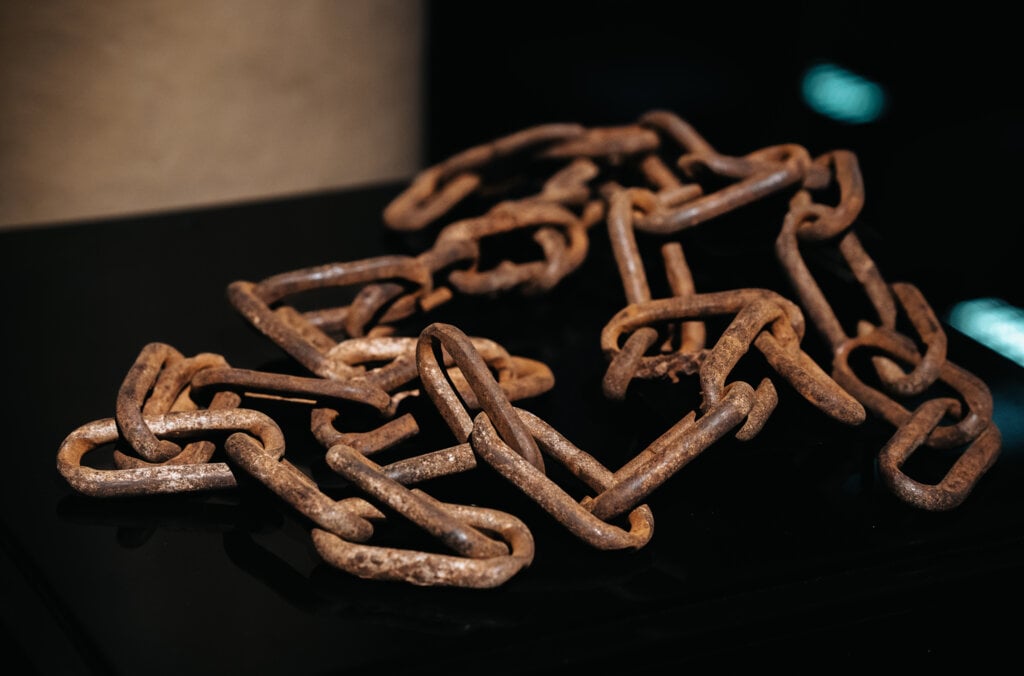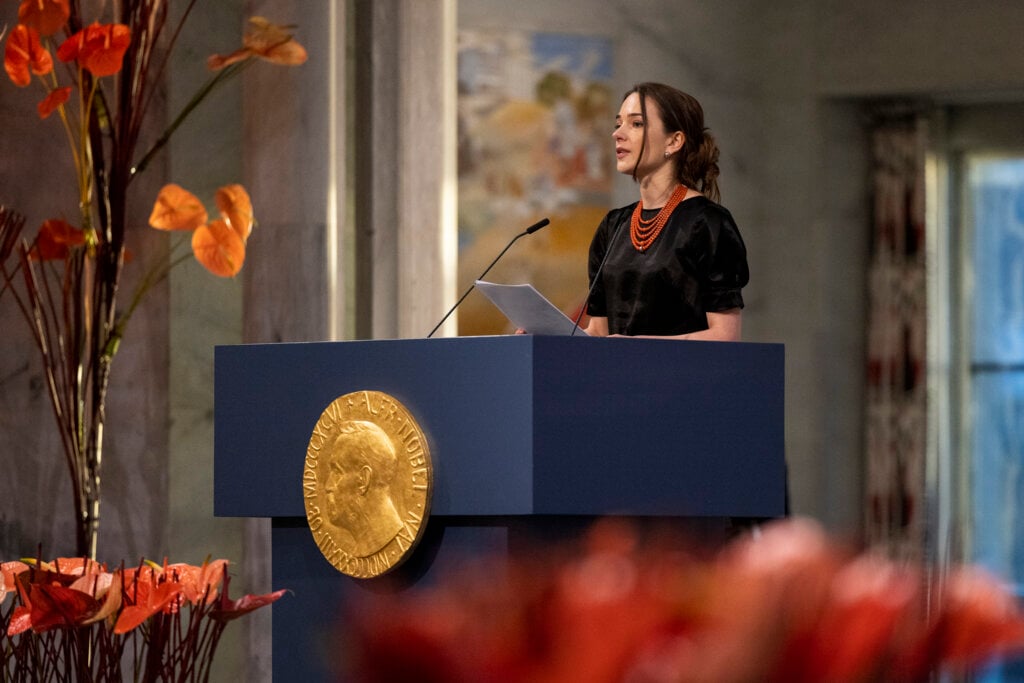Center for Civil Liberties
Speed read
Center for Civil Liberties was awarded the Nobel Peace Prize for its fight for human rights, democracy, and peaceful co-existence. The center shares the prize with Ales Bialiatski and Memorial.

Full name: Center for Civil Liberties
Native name: Center for Civil Liberties
Founded: 2007, Kyiv, Ukraine
Date awarded: 7 October 2022
The struggle for democracy and human rights
The Center for Civil Liberties was founded in Kyiv in 2007. The center was established by leaders of human rights organisations from nine former Soviet countries. It has become a focal point for human rights work in Ukraine, based on their aim to create a resource center working across national borders. The center has gone to great lengths to strengthen Ukrainian civil society and has put pressure on the Ukrainian authorities to make the country a full-fledged democracy. The organisation’s aim is to support democracy, human rights and human dignity, which it has done both through democracy training in civil society and by promoting international cooperation.
| Human rights Rights that apply to all persons regardless of gender, race, ethnicity, religious affiliation or nationality. The most important are the rights enshrined in the UN Declaration of Human Rights, adopted in 1948. |

was donated to the Nobel Prize Museum by the Center for Civil Liberties. © Nobel Prize Outreach. Photo: Clément Morin
"If we do not want to live in a world where rules are determined by someone with more powerful military potential rather than the rule of law, things must change."
- Oleksandra Matviichuk, head of CCL’s board, facebook post, 7 October 2022.
To hold those in power accountable
Since the Russian invasion of Ukraine in February 2022, the Center for Civil Liberties has taken on the task of identifying and documenting Russian war crimes against the Ukrainian civilian population. This work is done with the aim of being able to hold the guilty parties accountable for their crimes in the future. The center has also monitored and documented the situation in Donbas and Crimea since 2014. This work has led to a database of missing people in the region.
"All of us can choose neither our motherland, nor time we live in. But we can choose whether to take up responsibility or run from it."
- Oleksandra Matviichuk, head of CCL’s board, acceptance speech, Norwegian Lindebrække prize for democracy and human rights, 2015.
Supporting a young democracy
The center’s documentation of war crimes is a continuation of its earlier documentation of repression and crimes against civil society. The Center for Civil Liberties did this for the first time when it launched the Euromaidan SOS project in 2013. This project documented abuse during Ukraine’s Euromaidan uprising in 2013-2014 and provided legal support to the protesters. The center does its work with the help of a network of volunteers. An important aspect of the network’s work is training young people in the values of democracy. To develop Ukraine into a state governed by rule of law, the Center for Civil Liberties has actively advocated that Ukraine become affiliated with the International Criminal Court.
| Euromaidan Euromaidan is known in Ukraine as the Revolution of Dignity. The revolution was a wave of demonstrations and riots that started in Ukraine on November 21, 2013, on Maidan Square in Kyiv. The protests began when the Ukrainian government refused to sign a planned agreement with the EU. The demonstrations led to the overthrow of President Viktor Yanukovych in February 2014. |

The importance of civil society for peace and democracy
By awarding the peace prize to Ales Bialiatski, Memorial and the Center for Civil Liberties, the Norwegian Nobel Committee wanted to honour three outstanding champions of human rights, democracy and peaceful co-existence in the neighbouring countries of Belarus, Russia and Ukraine. Through their consistent efforts in favour of humanist values, anti-militarism and the principles of law, this year’s laureates have revitalised and honoured Alfred Nobel’s vision of peace and fraternity between nations – a vision dearly needed in the world today.
| Civil society Civil society is a collective term for those parts of society that consist of voluntary organisations, various pressure groups and individuals, who come together to promote a political issue or solve a task together on a voluntary basis. |
Learn more
Watch or read the Nobel Peace Prize lecture, delivered by Oleksandra Matviichuk, head of the Center for Civil Liberties.
Disclaimer: Every effort has been made by the publisher to credit organisations and individuals with regard to the supply of photographs. Please notify the publishers regarding corrections.
Nobel Prizes and laureates
Six prizes were awarded for achievements that have conferred the greatest benefit to humankind. The 12 laureates' work and discoveries range from proteins' structures and machine learning to fighting for a world free of nuclear weapons.
See them all presented here.
